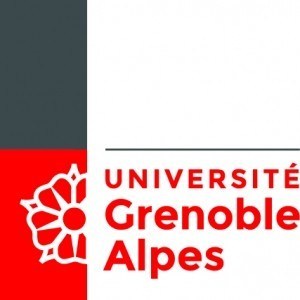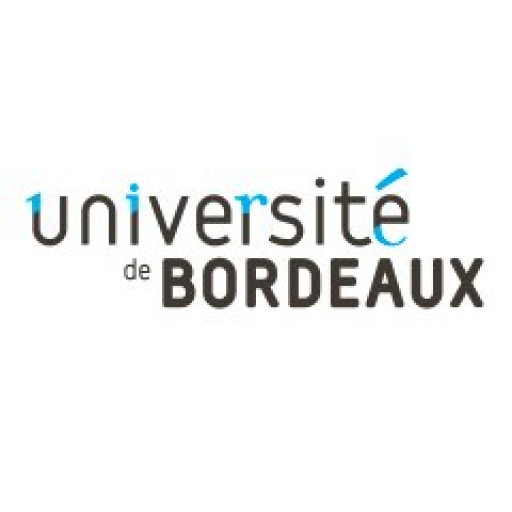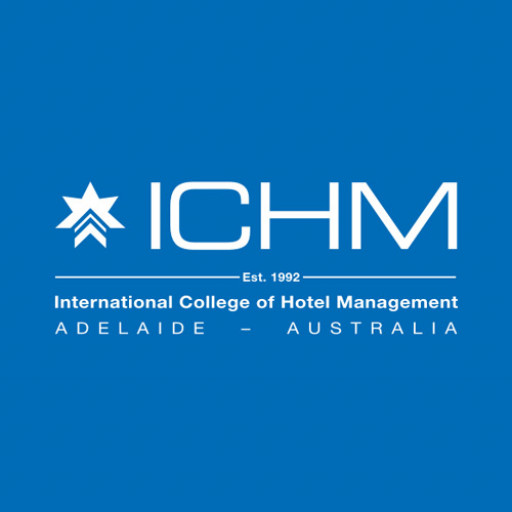Advertisement
Sustainability, Participation, Innovation
Sustainable development requires innovative strategies, new conceptual and practical tools and holistic policies. We provide students with a theoretical, empirical and practical understanding of global social, economic and environmental change, equipping them with the skills and knowledge to promote sustainable local development in the context of globalisation.
We aspire to a pioneering approach comparing innovations in South and North, while focusing on the global circulation of development strategies.
Programme content
The Master in International Development Studies is designed for students with a strong background in social sciences (e.g. Geography, Regional Planning, Anthropology, Economics, Political Science, International Relations, Development, etc.) and an interest in addressing development issues critically. A general introduction to international debates on development and its governance will form the basis for addressing major challenges to sustainable local development from theory to practice. Multi-level case studies from development programmes and projects in Africa, South-East Asia, Latin America, Pacific, Indian Ocean and Europe will be used to assess the possibilities and limits of transferring strategies and tools from one regional context to another.
The programme comprises one year of post-graduate studies (60 ECTS), starting in September. It consists of 8 interactive courses followed by an internship within a host organization and the writing of a Master dissertation.
Special features
* An integrated, interdisciplinary, comparative approach
* Problem-oriented analysis
* A people-centred view
* Experienced lecturing staff with an extensive network of local and international development and research organisations in Africa, Asia, Latin America, the Indian and Pacific Oceans and Europe.
Teaching/Learning Methods
Alternation of lectures, seminars, workshops, team work presentations, reports, occasional field trips, guest speakers.
The three central courses of the programme focus on social environmental and economic sustainable development issues. Every course includes introductive lectures, giving an insight into facts, theories and concepts, as well as two seminars, focusing on project related strategies and tools.
Lecturers
Teaching staff
* Kirsten Koop - Geographer, assistant professor, Institut de géographie alpine, Grenoble. Research topics: Development theories, globalisation and marginalisation, poverty, exclusion, corporate social responsibility, local development, Mauritius, Ghana, Pakistan.
* Anne-Laure Amilhat-Szary - Geographer, assistant professor, Institut de géographie alpine, Grenoble. Research topics: Political geography, border studies, local governance, decentralisation, development models, Latin America (Argentina, Chile, Peru).
* Myriam Hussay-Holzschuch - Geographer, professor, Institut de géographie alpine, Grenoble. Research topics: Urban development, public space, urban peripheries, democratisation, marginalisation, territorial governance, political ecology, South Africa.
* Jean-Christophe Gaillard - Senior lecturer, University of Auckland, New-Zealand. Research topics: Disaster risk reduction (DRR), participatory tools for DRR, marginalisation and DRR with focus on ethnicity, armed conflicts and DRR. Asia (Philippines, Indonesia, Nepal, Cambodia), Pacific (Kiribati, Solomon Islands, Samoa, New Zealand), Europe.
* Denis Blamont - Geographer, researcher at PACTE, Grenoble.Research topics: local development, innovation, adaptation strategies Himalaya, Nepal.
* Claske Dijkema - Sociologist, co-director of Modus Operandi, Grenoble. Research topics: Peace and conflict studies, conflict management, corporate social resposability, social cohesion. Africa (Zimbabwe, Tansania).
* Nicolas Buclet - Regional planning economist, professor at UPMF, Grenoble, director of the Research Center PACTE. Research topics: Sustainable development, decision making processes, collective choice, territorial ecology. France, Europe, India.
* Karine Gatelier - Anthropologist, co-director of Modus Operandi, Grenoble. Research topics: Political transformation of conflicts, identity, political legitimacy, social cohesion and peace. Central Asia (Uzbekistan, Tajikistan, and Kirghizstan).
* Matthias Schmidt - Geographer, professor, Universityof Hannover. Research topics: Political ecology, natural resource management, livelihood, vulnerabilityIntegrated Watershed Management, Integrated Planning and Development, Central Asia (Pakistan, Kirgizstan).
* Emmanuel Brunet-Jailly - Public administration, professor at Univ. of Victoria, Canada. Research topics: Governance, comparative studies, North America.
* Bernard Pecqueur - economist, professor, Institut de géographie alpine, Grenoble. Research topics: Economic geography, local development, territorial development, North Africa (Morocco, Algeria) and France.








